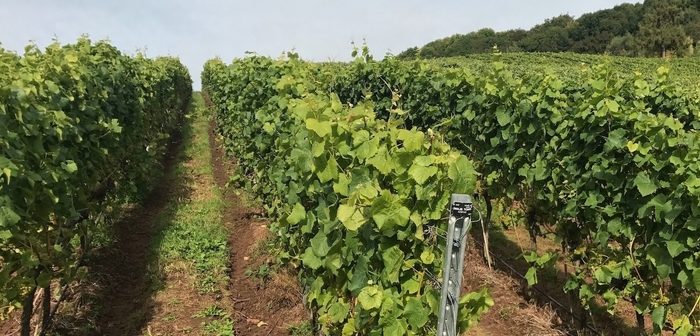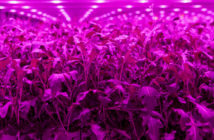A new business briefing on viticulture in the UK has been published by Saffery Champness to coincide with English Wine Week which runs from 18 – 26 June this year.
Against a backdrop of growth in the UK wine sector which has seen hectares under vines increase in England and Wales by 175% in the last 10 years and increasing global recognition for UK produced wine, the firm is receiving a growing number of enquiries from rural businesses regarding the opportunity of setting up vineyards or acquiring existing operations.
The short guide which covers accounting and tax considerations for new wine businesses briefly also outlines the factors that new entrants should consider from initial set-up to ongoing operating structures and other practical advice.
The briefing covers getting started with quoted costs per hectare from scratch of around £25,000 to £30,000; realistic expectations and forecasting; registration with FSA, and many other factors.
Once in production the guide covers different business models for viniculture, being a licensed wine producer, and rules regarding alcohol duty. It also suggests additional revenue streams for wine growers such as tasting rooms, on-site shops and sales, restaurants, accommodation and other related tourism options.
High capital costs
Peter Harker, Partner, Saffery Champness, and a member of the firm’s Land and Rural Practice Group, says: “Starting up in the wine growing and producing business will mean incurring high capital costs in terms of plant and machinery in addition to the right ground and the right vines. There is also a significant element of risk so consideration to look at this as an option for diversification should not be taken lightly and without advice.
“There are also different options with regard to tax depending on the business model pursued and your adviser will be able to steer you through this maze to ensure that the right business approach is chosen depending on individual circumstances.
“And this is reported to be one area of agriculture where climate change may actually be beneficial.”
According to research by Honest Grapes. “England stands to be one of the countries that benefits most from climate change when it comes to wine production. Warmer, drier summers have already opened new doors for the winemaking industry in southern England, where Pinot Noir and Chardonnay will be grown in limited quantities.
“As these grape varieties become more difficult to grow in other countries, we may enter an exciting new era for English sparkling wine.”
But Honest Grapes also warns of the risks saying Wine producers will still be in the hands of the country’s famed unpredictable and damp climate and may lose entire harvests in bad years.”




